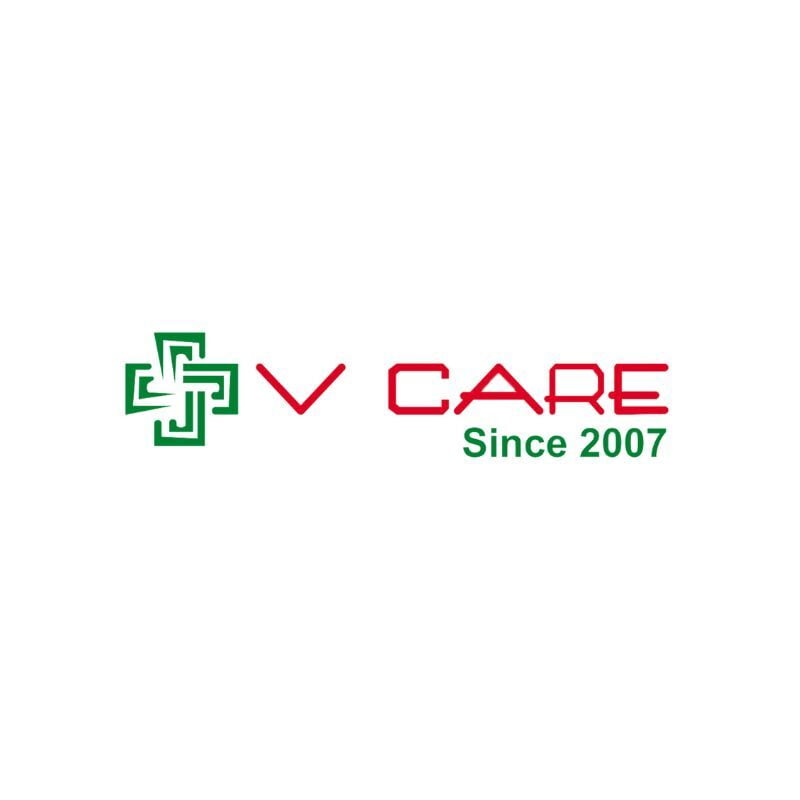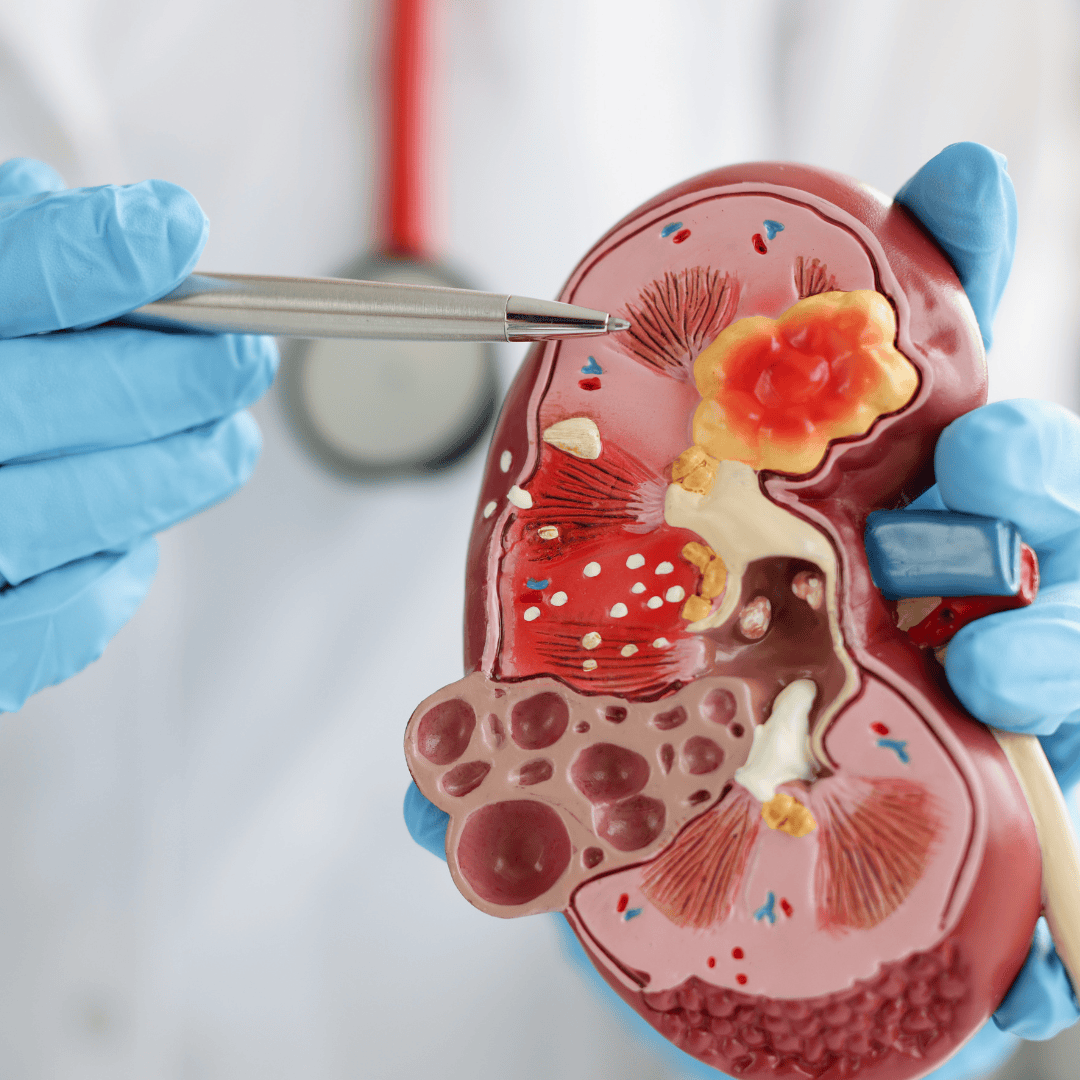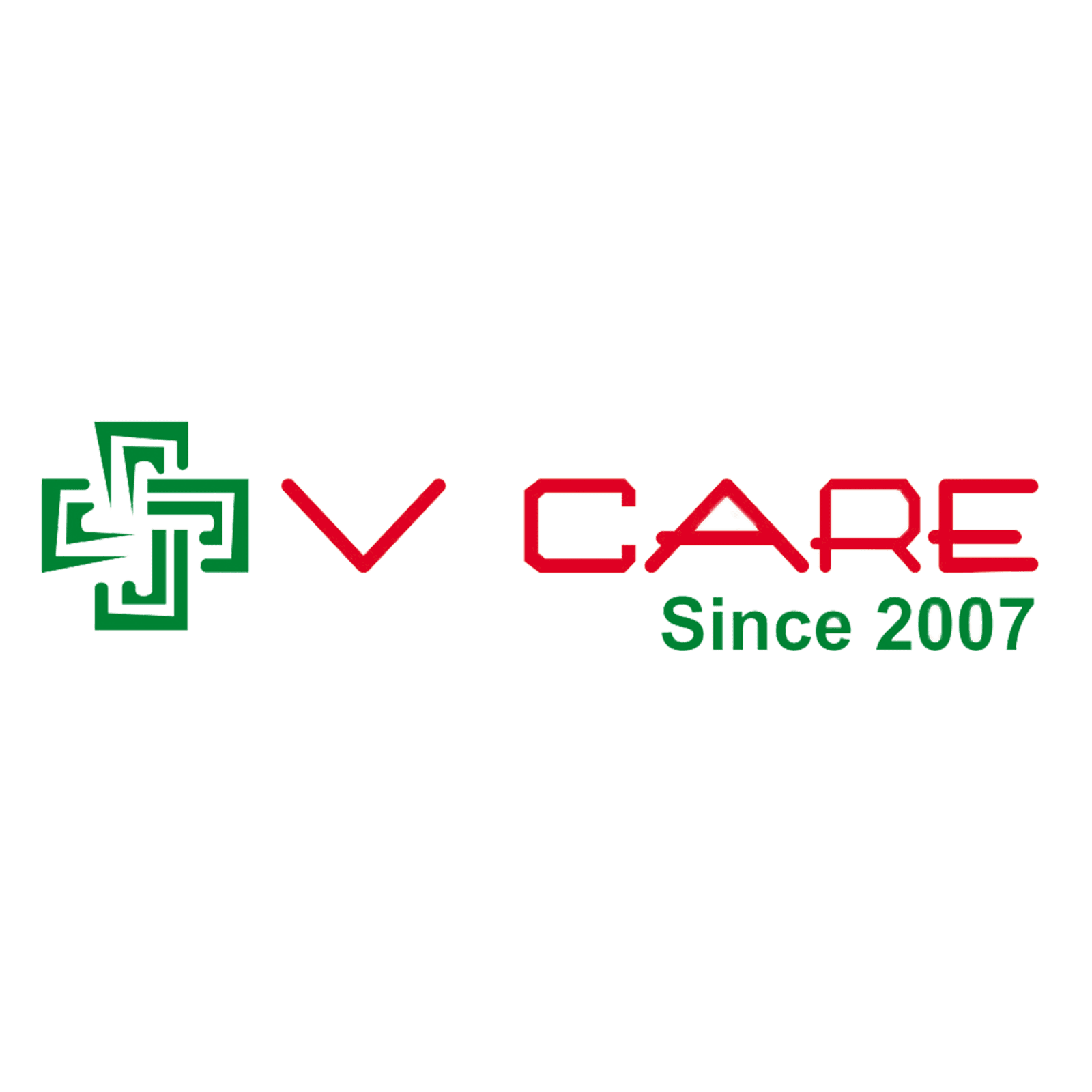Caring for Your Kidneys An Introduction to Nephrology
Caring for Your Kidneys An Introduction to Nephrology
Kidneys play a vital role in maintaining overall health, and nephrology is the branch of medicine that focuses on their care. From filtering waste to balancing fluids and electrolytes, the kidneys perform essential functions every day. Nephrologists are specialists dedicated to diagnosing and managing kidney-related conditions, ensuring that this critical organ continues to function effectively.
Key Functions of the Kidneys
Key Functions of the Kidneys
The kidneys are small but mighty organs with a variety of responsibilities, including:
Filtering toxins and waste from the bloodstream.
Regulating fluid levels and blood pressure.
Balancing electrolytes such as sodium, potassium, and calcium.
Producing hormones that support red blood cell production and bone health.
When the kidneys are compromised, these vital functions can be disrupted, leading to serious health issues.
Common Kidney Disorders
Common Kidney Disorders
Nephrologists treat a wide range of kidney conditions, such as:
Chronic Kidney Disease (CKD): A progressive decline in kidney function that may result in kidney failure if untreated.
Kidney Stones: Solid deposits of minerals and salts that can cause severe pain and block urine flow.
Acute Kidney Injury (AKI): A sudden loss of kidney function often triggered by severe illness or medication side effects.
Hypertension-Related Kidney Disease: High blood pressure that damages the kidneys over time.
Polycystic Kidney Disease (PKD): A genetic disorder that leads to fluid-filled cysts in the kidneys.
Glomerulonephritis: Inflammation of the kidney’s filtering units, affecting their ability to clean the blood.
Diagnostic Techniques in Nephrology
Diagnostic Techniques in Nephrology
Accurate diagnosis is the cornerstone of effective kidney care. Nephrologists use tools such as:
Blood tests to measure creatinine and urea levels, indicators of kidney function.
Urinalysis to detect abnormalities in urine.
Imaging studies like ultrasounds or CT scans to visualize kidney structure.
Kidney biopsies to examine tissue for signs of disease.
Treatment Approaches
Treatment Approaches
Treatment plans are tailored to each patient’s specific needs and may include:
Lifestyle Modifications: Dietary adjustments, increased water intake, and smoking cessation.
Medications: Drugs to control blood pressure, manage anemia, or treat underlying kidney conditions.
Dialysis: A procedure to remove waste and excess fluid for those with advanced kidney failure.
Kidney Transplant: Surgical replacement of a failing kidney with a donor organ.
Preventive Care Tips
Preventive Care Tips
To reduce the risk of kidney disease:
Stay hydrated by drinking plenty of water.
Monitor your blood pressure and blood sugar levels regularly.
Eat a balanced diet rich in fruits, vegetables, and low-sodium foods.
Avoid excessive use of painkillers or over-the-counter medications.
Schedule routine check-ups if you have risk factors like diabetes or a family history of kidney disease.
When to Consult a Nephrologist
When to Consult a Nephrologist
Consider seeking a nephrologist’s expertise if you experience symptoms such as:
Persistent swelling in the legs, feet, or around the eyes.
Blood in the urine or noticeable changes in urination patterns.
Unexplained fatigue, nausea, or difficulty concentrating.
High blood pressure that is difficult to control.
Conclusion
Conclusion
Nephrology is an essential field that helps safeguard kidney health and improve the quality of life for individuals with kidney-related conditions. With early diagnosis and proper care, many kidney diseases can be managed effectively. Our clinic provides access to skilled nephrologists and advanced diagnostic tools, ensuring comprehensive care for all your kidney health needs.




